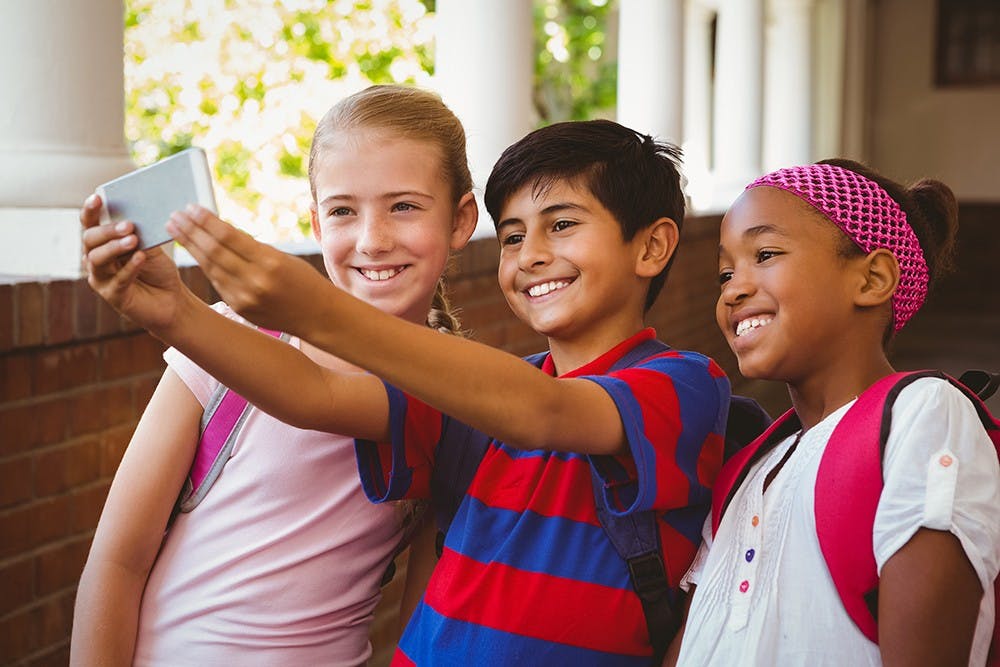They say social media has ruined our generation; that Twitter, Facebook, Instagram and Tumblr have taken over our lives and occupied all of our valuable time.
However, one observation cannot be overlooked. We are a generation far more tolerant and accepting than any of those before us. Sure, humans will always divide themselves into categories based upon their likeness — and equality issues aside; it is natural to find our own tribes.
Fortunately, digital communication has become accessible to copious amounts of people around the world, specifically flourishing in the U.S. — a country blessed with far more technological encouragement than many.
As of January 2015, there are 2.08 billion active social media accounts possessed by approximately 29 percent of the world’s population. Facebook still leads as the most popular social networking site worldwide, with sites such as Twitter and Instagram climbing the ranks in American society. Even Barack Obama has a Twitter account now. While it may not be him behind the keyboard, even the White House is recognizing the prevalence of social media in this day and age.
Hello, Twitter! It's Barack. Really! Six years in, they're finally giving me my own account.
— President Obama (@POTUS) May 18, 2015
Why does it matter? Why is someone as important as the President wasting his time on social media networks full of gossip, rumors and nonsense? Let me tell you something — all social media sites serve several similar roles in today’s society: to entertain, to inform, to reach and to express.
Let’s recall Kim Kardashian’s effort to “break the Internet” with her photoshopped, post-baby, nude shot that overwhelmed newsfeeds in December 2014. Clearly, such a picture served no purpose but to entertain. She wanted to become a trending topic, and she became such.
Thanks to sites such as Twitter and Facebook, and automatic notifications, information spanning from breaking news to baby announcements can reach individuals quickly, conveniently and efficiently. It is important to note, however, that while our new use of technology to “keep up” with each other’s day-to-day lives is incredibly innovative, “keeping up” is not its greatest purpose.
Groups, pages and blogs allow people of likeness to find one another, despite their individual locations. They encourage relationships that may have never been possible before social networking, and permit the informal exchange of ideas.
Our entire lives we have been told to “be ourselves,” and these virtual groupings of people have opened doors of self-expression spanning from boy-band fandoms, to serious social movements involving race or sexual orientation. In previous times, if you possessed an unpopular opinion such as an odd obsession with cats or fixation on equal marriage rights, it was not uncommon for you to become ostracized. Now, odds are in your favor! There are people who agree with you, appreciate your ideas, and want to share your passions — and now, you can actually engage with them.
While many fear that relationships are becoming too dependent upon the Internet, it is hard to ignore the inclusiveness it provides. Socialization has promoted different music genres, new hairstyles and healthy outlets for obsession.
Twitter and Instagram even use “hashtags” to link similar ideas together, simultaneously creating movements. Whether your movement be #BlackLivesMatter or #WeMissZayn you can be heard, and other’s can join you in your strife.
I will leave you with this thought: In the last year Internet usage has jumped 7 percent in overall population usage, and what have we accomplished? We have legalized same-sex marriage and medical marijuana across the nation, we have brought attention to injustice in our law enforcement, and we have joined in efforts to sympathize and aid with tragedies both local and global.
Nobody is truly alone anymore. You can express yourself virtually, and cause change physically. Our generation has the potential to type louder than anyone has ever spoken before, and we are posting together.
Related Links:
Why ‘LOL’ and ‘JK’ are totally OK on your social media profiles
There's more to life than "likes"
Editor’s note: The opinions presented in this column are the author’s and do not imply any endorsement from The State Press or its editors.
Want to join the conversation? Send an email to opiniondesk.statepress@gmail.com. Keep letters under 300 words and be sure to include your university affiliation. Anonymity will not be granted.
Reach the columnist at krpenningroth@gmail.com or follow @KPenningroth on Twitter.
Like The State Press on Facebook and follow @statepress on Twitter.




